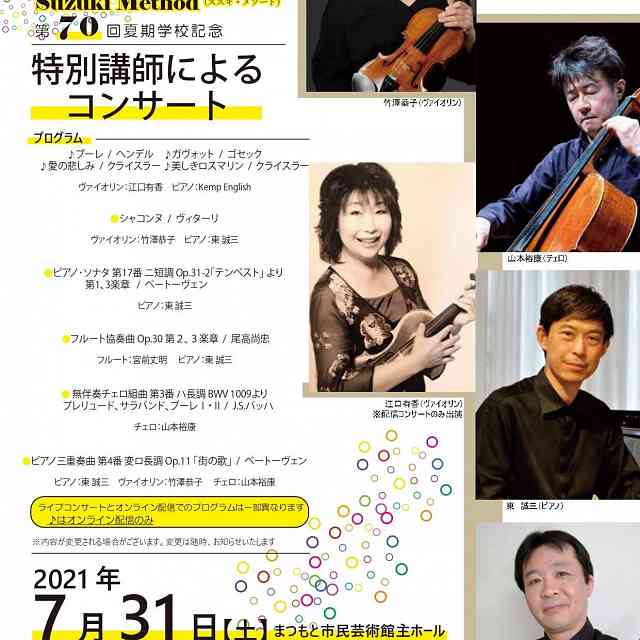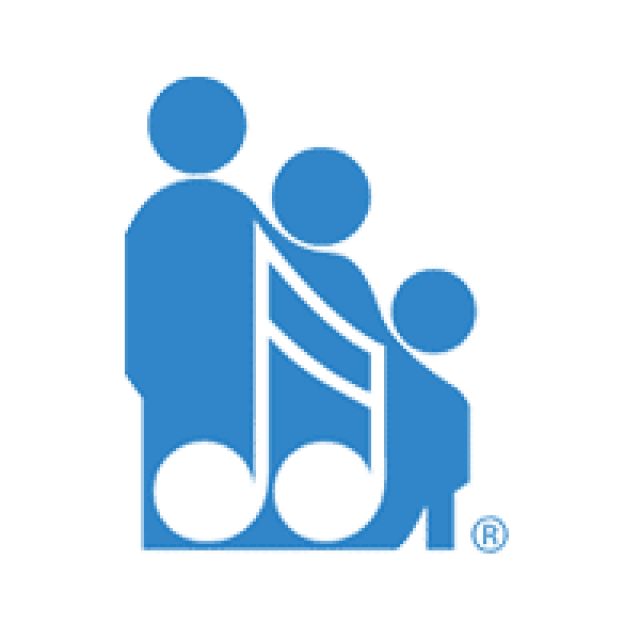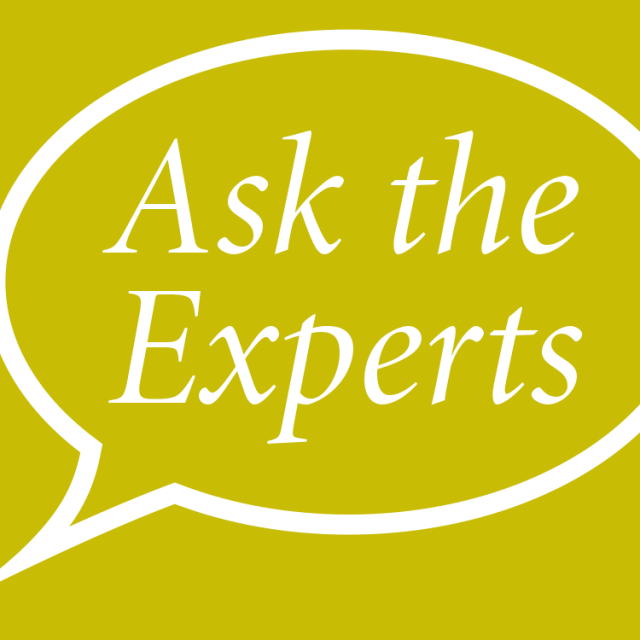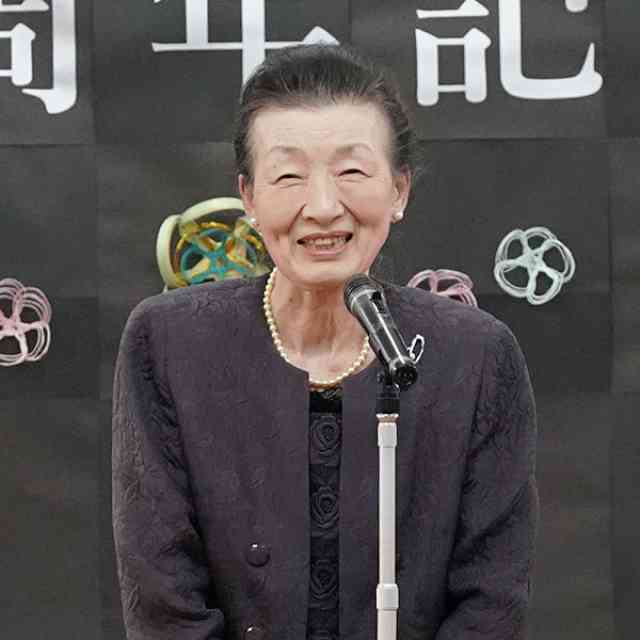
As a student in the audition process for music education college, my days are full of practicing, essay writing, and SAT preparations. Recently, COVID-19 has destroyed most of my plans for junior year, but it has given me some new ones. Instead of playing with various orchestras and ensembles in tightly packed rehearsal spaces, I have had the pleasure of joining the Rowan Youth Orchestra online and the Stretto Youth Chamber Orchestra outside. RYO has tested my rhythm skills and my audiation, as I play along with a click track and hear the other parts in my head while recording my part for mixed concerts. Despite being the complete opposite of the Suzuki method, this year’s isolation has helped me learn full independence. SCO has been extremely beneficial in maintaining my sense of normalcy during a time of remote playing. With the absence of my usual activities and supportive people in my life, I had lost clarity on why I want to be a music teacher in the first place. Working with SCO has helped me refine my leadership skills and remember where my career aspirations even came from.
While juggling these activities and schoolwork can be stressful, the ideas I’ve learned from six years of Suzuki education have stuck with me to make practicing a lot easier. My favorite teachers are the ones that have instilled in me the joy of playing and have taught me by seeing and hearing rather than telling. Reflecting on my formative Suzuki experiences lately has given me more clarity on how I want to teach as a future music educator.
I began Suzuki violin after my mom had a dream that made her decide to start me on the instrument. In combination with my mom’s love of string music and the strong gut feeling that I could prosper with music, she sat me down and asked me if I wanted to start playing the violin. At first, I loved the sound but was put off by the instrument because it looked uncomfortable to play. My mom convinced me to try anyway. My earliest memories of practice are running upstairs to work on holding my violin in the mirror.
I worked with my first Suzuki teacher, Urška Haule Feguš, when I was nine years old. Back then, I had trouble reading music, so Urška had me play along with CDs at home. I still remember learning Perpetual Motion entirely by ear. I was so proud of myself for playing in tune and at tempo after so much trouble with the song. The best part was that I did it on my own. That was the first moment I can remember using the Suzuki method that truly felt like a success. I also remember an early concert I played with Urška where we performed Witches Dance as a group. With the piece memorized and the iconic dance learned, I loved performing with everyone. I made friends in the group who also enjoyed being a part of a bigger whole. This memory is one of several that made me realize that I wanted to continue music for the rest of my life. Shortly after this moment, I would decide I wanted to be a music teacher just like Mrs. Urška.
Due to financial constraints, I wasn’t able to study with Mrs. Urška anymore. Luckily, an amateur violinist in my neighborhood heard that I wanted to become a music educator and decided to teach me. Even though I wasn’t playing from the Suzuki books, Dr. Angela Ranzini still taught me like I was. As an 11-year-old, I was immersed in a variety of styles, listening to solo pieces on YouTube and playing fiddle music with her to learn how to swing the beat. To strengthen my inner pulse, we would play a simple duet every week. We also began doing scales and arpeggios regularly on violin and viola to aid my intonation. With Dr. Ranzini, I still learned by doing, not by being told. It was a really nice environment to grow in. Her instruction helped me improve exponentially and continued my love of music.
I started working with a new teacher in 7th grade, Mrs. Louise McClure. When I got stuck on a certain spot in the piece, Mrs. McClure would tell me stories of her past teachers, Dr. Shinichi Suzuki himself and Joseph Kovacs. Her lessons were always fun and comfortable even when she would push me to work harder. I improved so much under her guidance—specifically with performing and stage fright. She always stressed being a relaxed player and enjoying the music.
By this time in 7th grade, I knew that I wanted to pursue music education. I started going to after-school choir and learned viola to broaden my skills and immerse myself in music. I also started taking music theory, history, and composition lessons from Mr. Timothy Keyes. He has shaped the way I think about music: logically and chronologically. He used to have me write my own short passages of all the different species of counterpoint. When I came to lessons, we would sit at the piano and he would sight-read what I wrote. I loved understanding what I heard, being able to identify different intervals, and fixing the things that did not sound quite how I wanted them to.
I started to write my own serious compositions by my sophomore year of high school. Through this process, I learned even more about voice learning than what the exercises could teach me. I love applying what I know to something that is bigger—it’s the same feeling I get when I play in an orchestra. When I had just started out, Mr. Keyes was very supportive of all my ideas and helped me make them possible. Mr. Keyes passed down to me the love and passion of figuring very difficult things out as well as learning how things work and why. This newfound love for another aspect of music further solidified my decision to become a teacher and made me a more well-rounded musician.
Out of the countless groups that I have played with—from chamber camps to group lessons—some of my most valuable experiences as an aspiring teacher have come from the New Jersey Suzuki Workshop. I’ve worked at NJSW for four years and had the pleasure of sitting in on masterclasses and orchestra and chamber rehearsals to see each teacher’s approach with different ages and levels. Because of the pandemic, the workshop was remote, and I was able to see how teachers adjusted their plans to prepare for the concert. Everyone at NJSW has been lovely to work with and get to know as an educator. Learning about their journeys has helped me decide more specifically what I would like to do. I want to continue the wonderful community NJSW started, bringing young musicians a sense of joy for performing as I had. It showed me that I want to work with older students in middle school, whom I enjoy observing the most. The experience also showed me what I don’t want to do, at least for now: work with beginner students or conduct. Being mentored by faculty members gave me valuable information about teacher licensing and the college audition process, which has helped me make more well-rounded decisions about my priorities for my last year of high school.
Joy is what propelled me from music as a hobby to music as a career. When I am a teacher, I hope I can be as kind and caring as Mrs. Urška, as loving and wise as Mrs. Louise, as patient and attentive as Dr. Ranzini, and as resourceful and knowledgeable as Mr. Keyes. I know that the Suzuki method will forever be a part of my own teaching because I notice its impact on my own career and playing, and the students.










